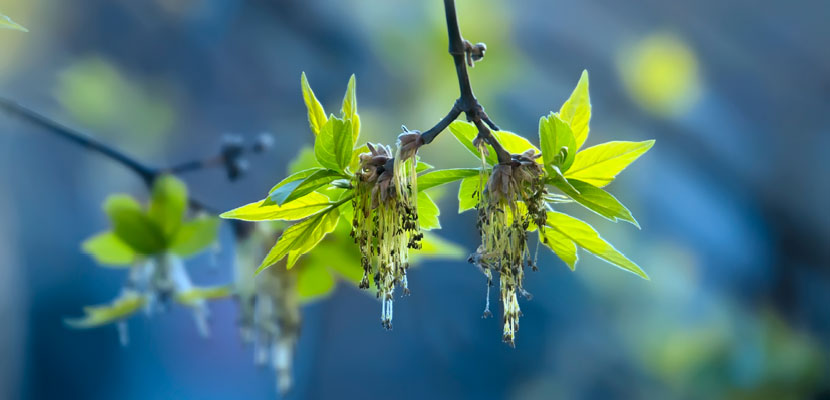Seasonal Allergies Likely To Grow Worse Under Climate Change
FRIDAY, April 11, 2025 (HealthDay News) -- Spring is officially here, and with it comes watery eyes, stuffy noses and constant sneezing for people with seasonal allergies.
And climate change means things are only going to get worse for allergy sufferers, a new evidence review suggests.
Allergy seasons are expected to get longer and grow more intense as climate change progresses, researchers say.
Total pollen emissions are projected to increase as much as 40% by the end of the century, as pollen concentrations increase under climate change, researchers reported April 9 in the journal The Laryngoscope.
In addition, the pollen season could be as much as 19 days longer, researchers project.
Full Article



